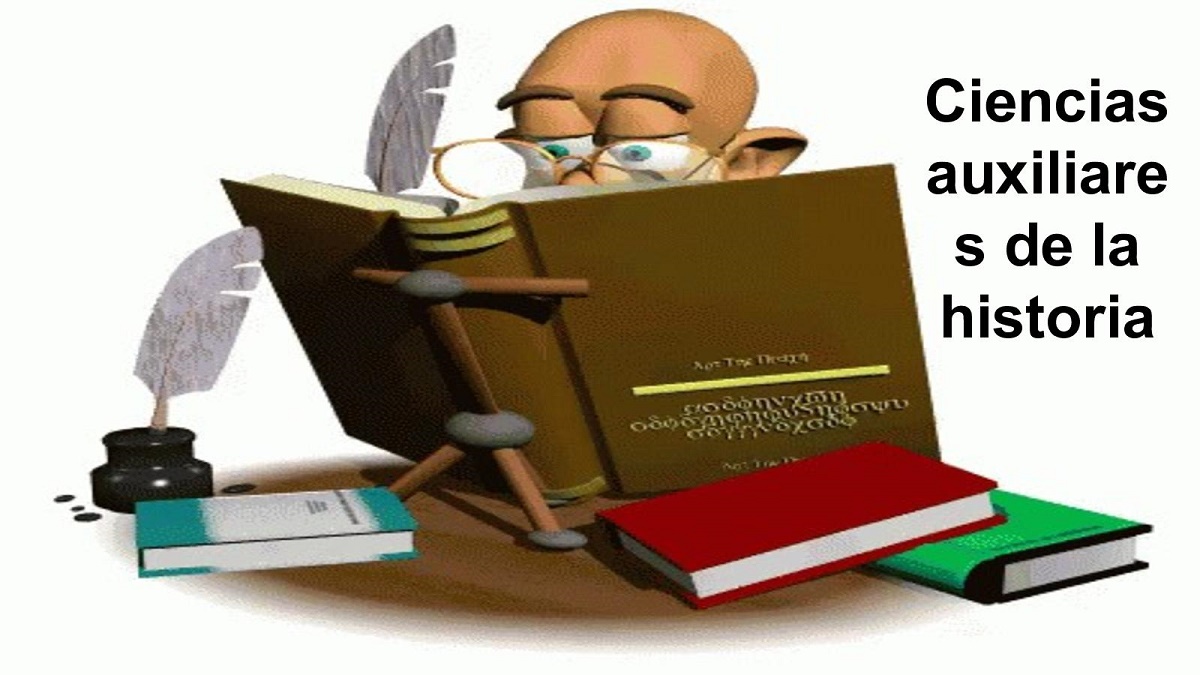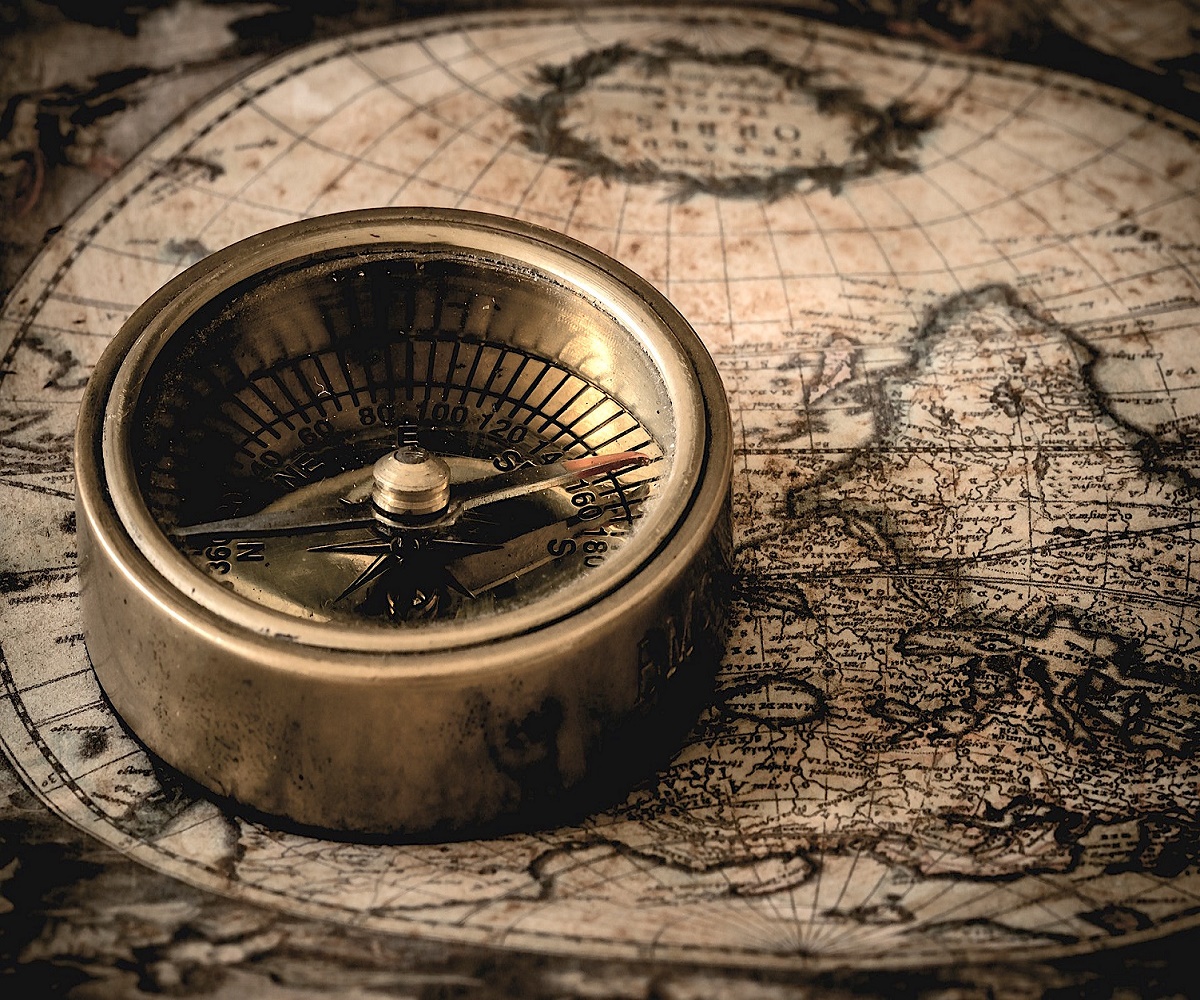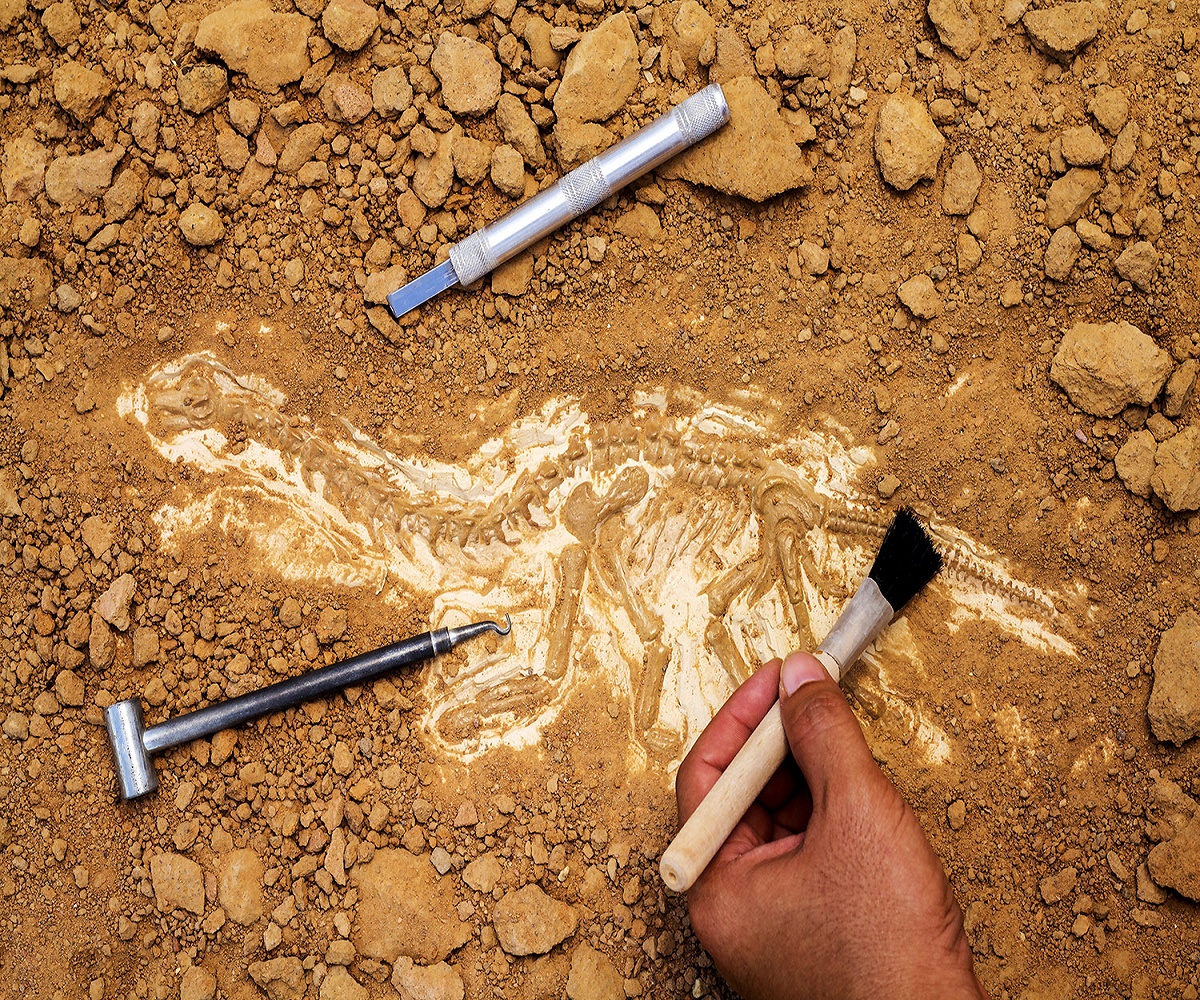We invite you to read this article about the Auxiliary sciences of history, are the set of sciences that support researchers and historians to know everything that has happened in the history of our world, an article on how history is studied through the different auxiliary histories.

DO YOU KNOW THE AUXILIARY SCIENCES OF HISTORY?
The auxiliary sciences of history, is not a science that is completely dedicated to a discipline. Although, if it is related to the study. This is why they provide help, because their different types of dedication bring great benefit to the progress of whose discipline.
Almost all the auxiliary sciences of history are linked to different specialties in which, for the most part, they are the ones that this science is most enthusiastic about studying. Some of the specialties to which you can dedicate yourself, such as Literature in the autonomous area or an alternative to knowing. Since this approach that it has with history gives way to the emergence of what we currently call the history of literature: this is part of a peculiar and singular branch.
These forms of approach that maintains the affinity that corresponds to the related topics or that are shaped by History. Since they are recognized, it is due to some segments that are open in an innovative way that is dedicated to the study of history, since it comes to be with a purpose and that is study.
On the other hand, it is certainly feasible that it awaits these areas of indivisible reality as history is. It is in this way that it has been protected, due to the procedures, from the ways of understanding the message or of facing certain actions that have occurred in history. And in the same way save all the events in an orderly way.
It is for this reason that it is very important to have everything chronologically filed. An example can be, is that it has the purpose of making sure that all historical events are ordered by time, and one of the ways is with a timeline.
Chronology
It is the one that is part of the auxiliary sciences of history, which is responsible for or aims to carry out some ramifications of History.
Its name originates from the unification of the Greek words that are Chronos (means time) and Logos (means writing, knowing). It is an action specifically focused on the temporal ordering of events.
Epigraphy
It is found in the Auxiliary Sciences of History and is also generally self-sufficient. It deals with ancient writings that were made on stones, as well as other types of physical foundations that were very old. In order to study the preservation that he has maintained over the years, the readability and decipher the linguistic codes. Together with this he is related, on the other hand, to some sciences such as paleography, archeology or numismatics.
Numismatics
It is possible that it is one of the oldest sciences of the auxiliary sciences in history, since it emerged in the XNUMXth century. This science is dedicated solely to the study and collection of coins and bills that were officially issued by any nation in the world at a given time. Whose study may be more theoretical and conceptual (doctrinal) or historical (descriptive).
Paleography
It is part of the auxiliary sciences of history that is responsible for carrying out a critical and systematic study of ancient writings, such as: preservation, decipherment, interpretation and dating of copies that are written on some support and with origins from ancestral cultures.
On certain occasions it is reduced to assistance with reference to Information Sciences, such as Library Science.
Heraldry
It is a discipline that, like the previous ones, is included among the auxiliary sciences of history that systematically qualifies and investigates the symbols and characteristic representations of the heraldry of arms. They are highly recognized at every moment by lineage families in earlier times.
Codicology:
This is a Discipline that is dedicated to the study in the books of the ancestor. However, they usually do not actually see the book as such.
That's why they don't study the content of the books as much as they do when they investigate the way they made the book, such as: its evolution in history, among other things. Placing his help specifically in the files, codices, papyri and some other ways of foundations about the explanation of antiquity.
Diplomat
This is one of the auxiliary sciences of history that focuses on the study of documents. Regardless of who the author is, guarding the intrinsic principles of the writing of the texts such as: the support, the language, the formalism, among other means that give him the power to extract a culmination about its authenticity and can be authorized. for its correct representation.
Sigillography
It is part of the auxiliary sciences of history that is in charge of the seals used to identify the epistles and documents of official origin: their language in particular, their creation limitations and the history that could become.
Historiography
On certain occasions this science is considered as the meta-history, this means, that it is the History of History. Since it is a discipline that is in charge of investigating the way in which the official (written) History of the countries of the world is established and the way in which said science was preserved in documents or in writings of some nature.
Art
It is the study of art that at the same time is a discipline that is totally autonomous. For what is dedicated or is responsible for different ways of manifestation of art in human society. Since its purpose is to answer the infinite question of what it is.
However, in which it is grouped with history, they create the History of Art, which exclusively enjoys art as time passes: the main forms it had, its evolution and its way of reflecting the passage of time, among other things. .
Literature
As mentioned above, literature is part of the auxiliary sciences of history. It is in this way that it relates to the story. So they help to make way for the History of Literature. On the other hand, the History of Art is much more oriented with its purpose of study, since it is focused on the historical evolution of literature from its first legendary mode that exists today.
Right
The same as in both cases that have been raised previously, in the auxiliary sciences of history. For what it provides help between History and Law, it creates a branch of historical study that wraps its purpose of study in the ways in which humanity has known to codify and administer justice.
From ancient times (one of them was the Roman era, which is believed to be of fundamental importance for our knowledge of justice) to the present day.
Archeology
Officially, Archeology is basically the study of the ancient remains of human societies that have disappeared, in search of the architecture and buildings of how the people of ancient peoples lived. This acts in a way that has a very broad avocation goal, as they can be books, art forms, ruins, tools, among other things.
As well as looking for ways to be able to rescue them. In this way, it can be said that it is an autonomous science that said existence would be useless without History and therefore, at the same time, it gives a valuable certification regarding its theoretical formulations.
Linguistics
It is part of the auxiliary sciences that is focused on the languages of the human being, this means that in the different systems of signs and symbols suitable for communication. It can be joined on certain occasions with history to create what is Historical Linguistics or Diachronic Linguistics: which is the study of the change in time of the methods of verbal communication and of the different languages made by human beings.
Stratigraphy
This is a discipline that consists or studies a branch of geology, whose main purpose is to focus on the ordering of hot, metamorphic and sedimentary rocks in the earth's crust, visible in cases of tectonic cuts. By collaborating with History, which gives rise to archaeological stratigraphy, whose knowledge runs above the stones and strata to agree on the history of the teaching of the earth's surface.
Mapping
It is a science that is part of the auxiliary sciences of history, which comes from the branch of geography. It is dedicated to the spatial abstraction methods of the planet earth. This means that they carry out the manufacture of maps and atlases or planispheres. They make collaborations with history to form the History of Cartography: a mixed discipline that seeks to understand what the history of the human being could become from the way in which he interpreted the world on his maps.
Ethnography
Ethnography is the science that deals with the large-scale study and explanation of peoples and their cultures. For this reason many people believe or consider it to be a branch of social or cultural anthropology. The truth is that it gives a lot of information to History just as it offers its help like the other auxiliary sciences of history.
So it can be said that one of the most useful tools used by ethnographers is the Life Story. Which all its function consists or is based on the dialogue that exists between individuals and is used, as its fundamental trajectory, which is an approximation to the culture to which it corresponds.
Paleontology
Paleontology is the science that studies the fossils of organic beings that lived in this world years ago, with the aim of understanding how they lived and better grasp the enigma of existence on planet earth.
In this science it can be seen that it is very similar to history, since it confronts the times prior to the arrival of the human being, giving historians a wise move to think about history in advance of history.
Economy
It is a science that studies the different ways in which human beings transform natural resources for their benefit. This means, that the modes of doing some kind of production of goods and services. Since to satisfy the needs of the human being there must be production.
It has a very close coupling to history, which is part of the branch that studies what it is: the History of the Economy, which focuses on the evolutions that society has given in economic matters from the beginning of our appearance in the world. world.
Philosophy
This is the science that is part of all sciences. The auxiliary sciences of history are made up of very relevant sciences such as Philosophy.
What this science is as such is that it deals with the human being's own thought. Together with history, it gives way to the beginning of the History of thought, a study of the variations in the way of thinking of oneself and in the universe of the human being from the most remote times to the present.
If you have found this article the auxiliary sciences of history important, I invite you to visit the following links:



